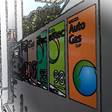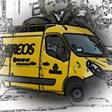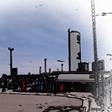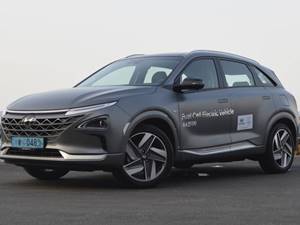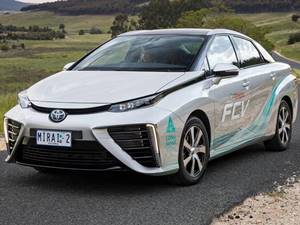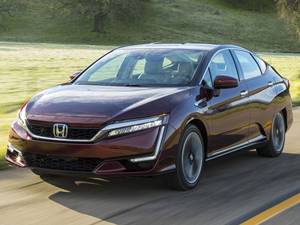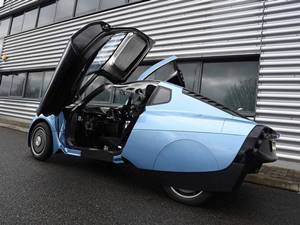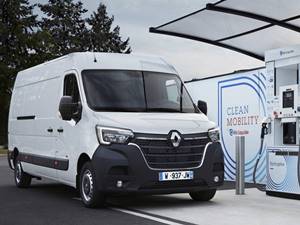Riversimple Rasa Hydrogen

From electric cars to batteries and bicycle sharing schemes to taxi services on request booked via smartphone, the way we move is changing. In the coming years, hydrogen powered vehicles may also have a role to play in all of our planet's transportation. The European Commission has described hydrogen as an energy carrier with "great potential for clean and efficient energy in stationary, portable and transport applications".
London already houses a number of hydrogen-powered buses, while the hydrogen-powered train from the European railway company Alstom entered passenger service in September 2018. Major car manufacturers that have entered the hydrogen cell market include Toyota and Honda.

"(A) hydrogen-powered car is effectively an electric car, so you still have an electric motor and the car is still stopped," said Nicolas Sergent, who works in design and engineering at Riversimple, to CNBC's Sustainable Energy. "But instead of running out of a battery that chemically stores electricity, it's running out of a fuel cell, a hydrogen cell," he added.

Although there are benefits when it comes to hydrogen powered vehicles, the cost and lack of recharging infrastructure can potentially hinder widespread adoption. However, the founder of Riversimple sought to emphasize the benefits.

Fueling a hydrogen-powered car requires much less behavior change than battery-powered electric cars," Hugo Spowers said. "It's a very similar experience to filling a car with gasoline," he added.
It takes three or four minutes and you leave with a full tank of gas, which gives you the same kind of range that a car with a gas engine would have," he added.
- Power rating: 60 hp
- Fuel: Hydrogen
- Start-Stop Technology
- Fuel Cell
- Permanent-magnet synchronous motor (PMSM)
- Warranty up to 2 years
- Length: 4.67 meters
- 5 seats
- Mixed fuel consumption WLTP Hydrogen: 0.5kg /100 km
- Price: From 45000 €



